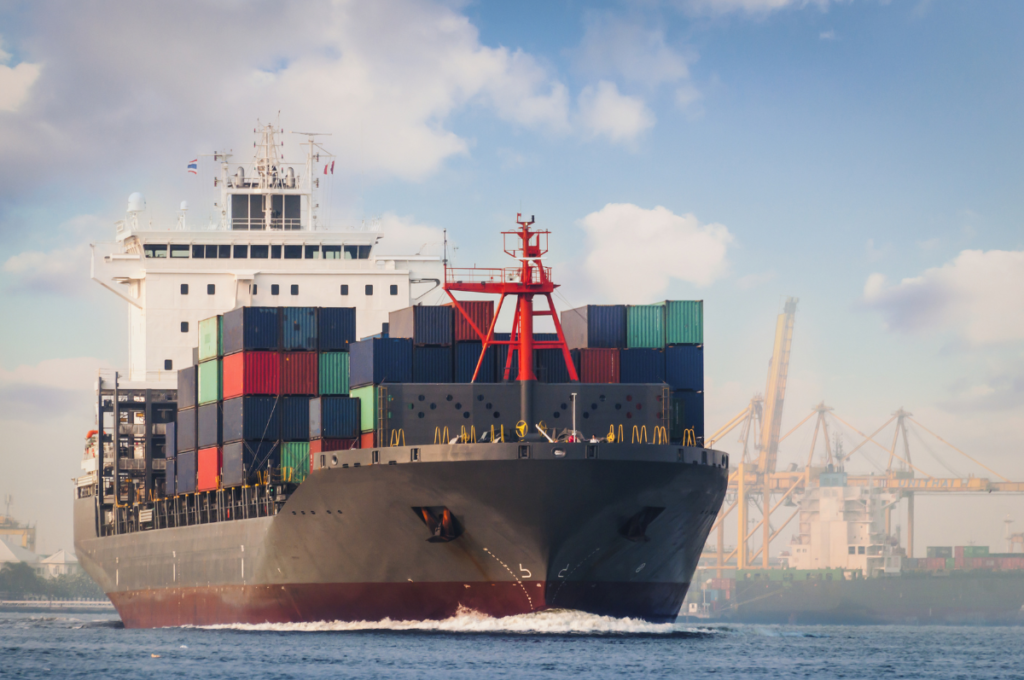The UK’s inflation rate may have finally hit the Bank of England’s 2% target, but will it stay there?
For the first time in three years, inflation has finally hit the UK’s 2% target; welcome news after the worst inflationary upsurge in a full generation. In even better news for the economy, the headline inflation has dropped below that of the US and Eurozone. However, economists aren’t convinced that this is a sustainable drop.
Image source – Financial Times
One of the largest threats to this 2% inflation rate is the soaring costs for Sea Freight.
Shipping has now reached an 18 month high, prompting fears that the cost of goods on UK shelves will rise yet again. The Shanghai Containerised Freight Index ,which measures the average cost of a 20ft container being shipped from Shanghai to Europe (and is one of the most widely used measures of freight cost), has reached £3,102. A rise this high hasn’t been seen since the Ever Given container ship ran aground in the Suez Canal.
Image source – Macromicro
The reason for this new rise? The Houthi Rebels.
The Houthi Rebels have seized and launched numerous attacks on commercial and merchant vessels in the Red Sea and Gulf of Aden. These attacks have meant that ships have been diverting around the affected areas, adding weeks to the transit time for goods and products.
The longer transit time has also added significantly to the costs of transit and shipping, and this will have a knock on effect on the price of goods on British shelves. The economy has already suffered from shocks, including the price hikes on energy brought about by Russia’s invasion of Ukraine – resulting in inflation reaching a 41 year high of 11.1% in October 2022.
Most goods on UK shelves spend at least part of their lifetime at Sea, so importers will have to spend more on getting goods to the UK, likely leading to higher prices at the tills.
“The ongoing threats to commercial vessels in the Red Sea and growing supply chain bottlenecks indicate that this situation won’t improve soon. More capacity than expected will be needed to resolve these issues and stabilise the global supply chain.” stated Maersk, the second largest shipping container firm.
After these recent challenges, importers and exporters will need to ensure that they have built resiliency into their business plans and planned for future chaos.
If you have any questions about Ocean Freight and whether these changes will impact you and your own imports or exports, then please contact us to discuss the best transport and freight options for you.
